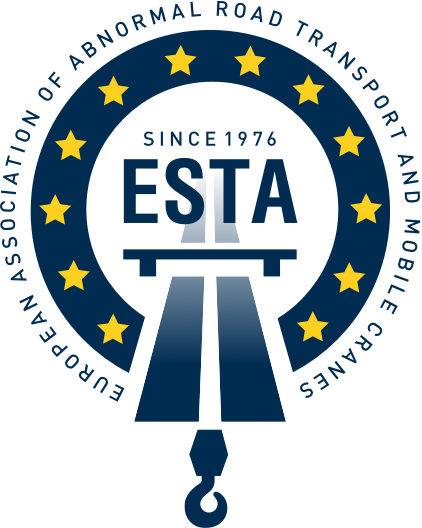The latest version of the controversial new European Machinery Regulations has been published by the Council of the European Union and will now be considered by the European Parliament.
The document includes a clause that ‘where relevant’ requires all mobile machinery to be designed to prevent contact with overhead power lines or where the risk cannot be avoided, designed to ensure that all hazards “of an electrical nature” are prevented.
Responding to the original draft, industry experts said they will support any practical measures to improve safety, but such requirements are impossible to deliver.
When finally agreed, the European Machinery Regulations will update the existing Machinery Directive from 2006.
This is one of the main pieces of legislation governing the harmonisation of health and safety requirements for machinery throughout the EU and is intended to promote the free movement of machinery within the single market as well as ensuring a high level of protection for workers and the public.
The concern focus on a proposal hidden away in the depths of the regulations – to be precise in Annex III, Part 3, point 3.5.4.
The full text of the section says:
Risk of contact with live overhead power lines
Depending on its height, mobile machinery or related product shall, where relevant, be designed, constructed and equipped, so as to prevent the risk of contact with an energised overhead power line or the risk of creating an electric arc between any part of the machinery or an operator driving the machinery and an energised overhead power line.
When the risk to the persons operating machinery incurred by the contact with an energised overhead power line cannot be fully avoided, mobile machinery or related product shall be designed, constructed and equipped so as to prevent any electrical hazards.
ESTA Director Ton Klijn commented: “This clause remains a cause for serious concern. If it remains unaltered, its impact will depend on how it is interpreted and enforced – and specifically what the phrase ‘where relevant’ means in practice.
“We will watch the progress of the regulations through the European Parliament with interest.”
